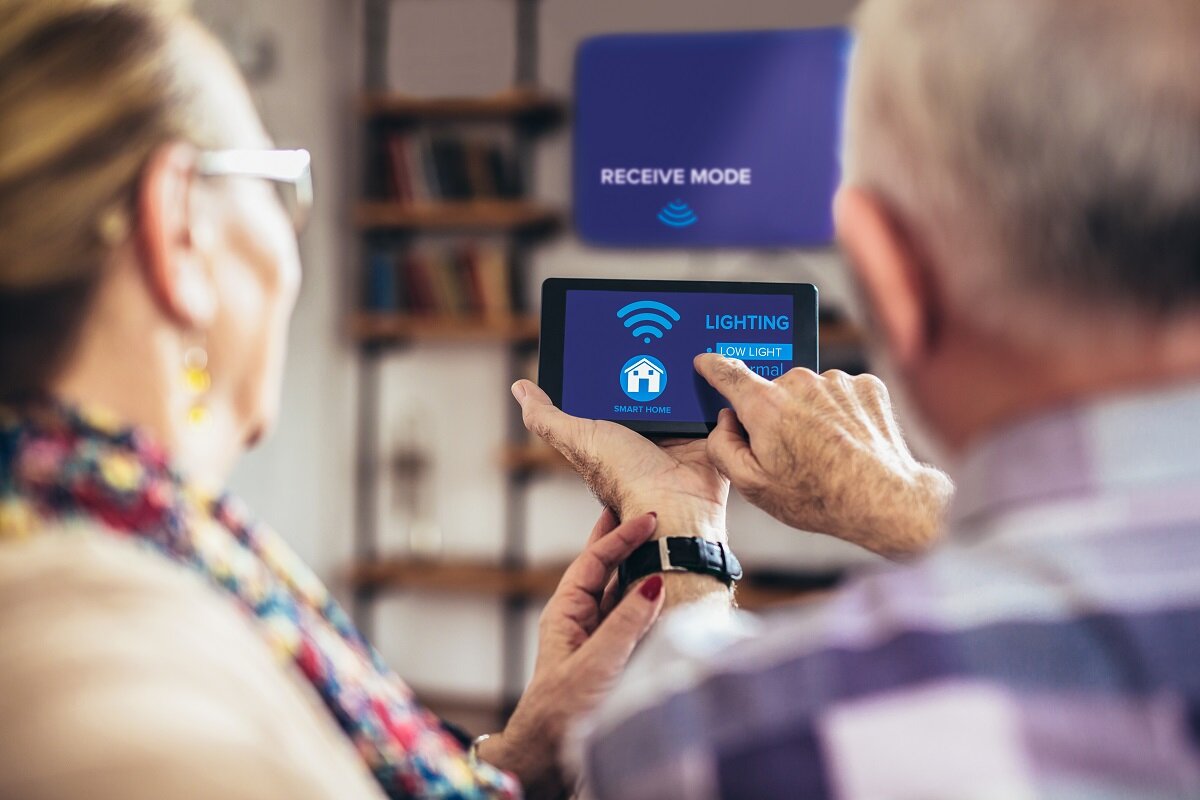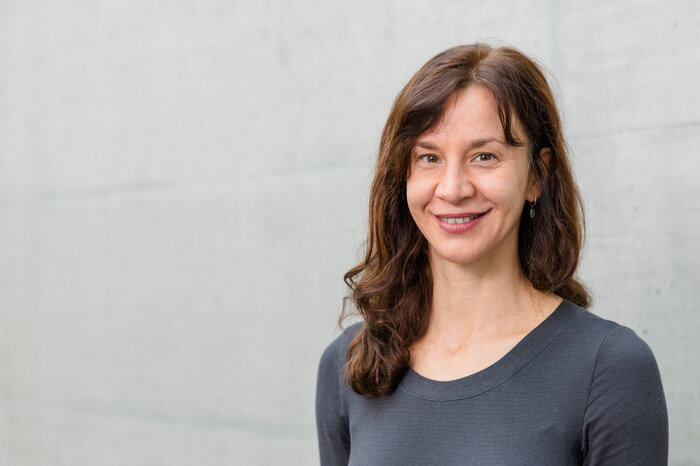Smart Government meets Smart Care
Four universities and nine cities in the international Lake Constance region have joined forces in the EU Interreg project Smart Government Akademie Bodensee to enable a systematic exchange of knowledge regarding the topic of digital transformation of public administration. At the center of this exchange is the observation and analysis of the initiatives of the city partners in this regard, which are scientifically accompanied, reflected upon and documented from conception to implementation by one of the university partners in each case.

In this context, the Research Centre for Business Informatics of the Vorarlberg University of Applied Sciences is dedicating itself to the topic of Smart Care together with the city of Dornbirn. In the sense of providing for the public good, the municipality would like to support people in their desire to live as self-determined a life as possible in their familiar surroundings, even in old age and in the event of the need for care and nursing. However, this task is becoming more and more challenging against the background of the increasing aging of society, the critical availability of professional as well as the decrease of informal care and nursing staff. Therefore, the cooperation partnership between Vorarlberg University of Applied Sciences and the city of Dornbirn investigates how smart solutions in terms of networked, digital and data-based public services could be designed.
Where smart technology finds application
Suitable starting points for this project are provided by the predecessor project Smart Care Dornbirn of the research centre for User Centred Technologies, in which valuable knowledge has already been gained in this thematic field. Here, a series of workshops, surveys, interviews and discussions with representatives of various interest groups in the regional care and nursing system were used to identify application scenarios for smart technologies. Among the most promising were AAL technologies (Ambient Assisted Living) in private housing and an exchange and service platform for supervisors and care services in Dornbirn, for which all requirements were clarified and recorded in a specification sheet.
In the course of the new project now underway, the research centre for business informatics is subsequently taking a more in-depth look at these two application scenarios. For the exchange and service platform, the economic feasibility was examined and a cost analysis was carried out. With regard to the scenario AAL technologies in private housing, a central information platform based on an expert system was designed. It already includes a comprehensive categorization of AAL technologies and products, a definition of requirements and target groups, question guides and decision trees, as well as a prototype for visual representation.
With the help of the expert system, existing information deficits about AAL technologies and products are to be overcome and their potential is to be demonstrated in terms of enabling seniors and people with disabilities to live self-determined and independent lives in their own homes for as long as possible. A user-centered approach will be taken to ensure attractiveness and user-friendliness.

